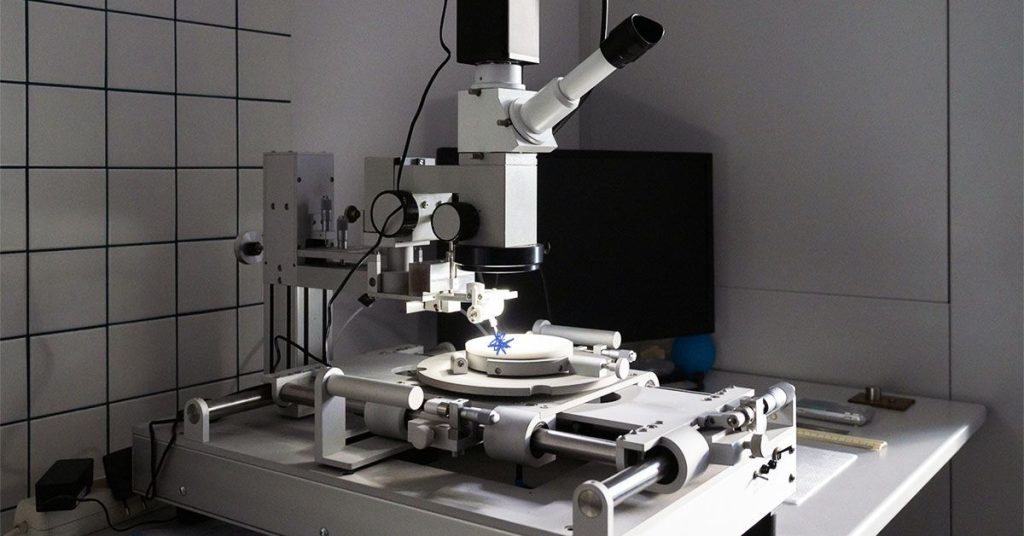In a new study published in the journal Nature, researchers at the Fred Hutchinson Cancer Center discovered that microbes typically found in the mouth were present in about half of examined colorectal tumors, as well as in stool samples from individuals with colorectal cancer. The researchers found that these microbes traveled from the mouth to the colon, surviving exposure to stomach acid, and played a role in driving cancer progression. This discovery offers hope for the development of new treatment options for people with colorectal cancer.
The researchers examined 200 cases of colorectal cancer and found that approximately half of the tumors contained a specific microbe typically found in the mouth. They also identified this microbe in stool samples from individuals with colorectal cancer. The presence of this microbe in colorectal tumors was associated with poorer outcomes and survival rates, highlighting its role in cancer progression. The researchers identified two distinct types of the microbe, with one type specifically promoting tumor growth.
The researchers believe that targeting this specific subtype of microbe could lead to more effective treatment options for individuals with colorectal cancer. This could involve using modified versions of the bacterium delivered directly into the tumor. Dr. Anton Bilchik, a surgical oncologist, emphasized the importance of understanding the role of microbiomes in disease development and progression, noting that disrupting the microbiome in the colon may increase the risk of colon cancer. Further studies are needed to explore how these microbes can be utilized for early screening and treatment of colorectal cancer.
Colorectal cancer, which includes cancers of the large intestine and rectum, often begins as polyps that can become cancerous over time. Most colorectal cancers are adenocarcinomas that originate in mucus glands within the organs. Symptoms of colorectal cancer include changes in bowel habits, rectal bleeding, abdominal pain, weakness, and unintentional weight loss. Early screening, such as colonoscopies, is critical for detecting colorectal cancer in its early stages when treatment is most effective.
Several risk factors increase the likelihood of developing colorectal cancer, including a family history of the disease, certain medical conditions like inflammatory bowel disease, lifestyle factors such as excessive alcohol consumption or tobacco use, and obesity. Treatment options for colorectal cancer include surgery, chemotherapy, radiation therapy, targeted therapy, and immunotherapy. Complementary and alternative treatments, such as vitamins, herbs, or acupuncture, can also be used to manage symptoms alongside traditional treatments.
Overall, the discovery of mouth microbes in colorectal tumors and their potential role in cancer progression opens up new avenues for personalized treatment approaches. By targeting specific subtypes of these microbes, researchers hope to improve outcomes for individuals with colorectal cancer and develop more effective screening methods. Understanding the influence of microbiomes on disease development and progression could lead to innovative therapies and interventions to combat colorectal cancer and improve patient outcomes. Further research is needed to explore the full potential of these findings and develop targeted strategies for preventing and treating colorectal cancer.


